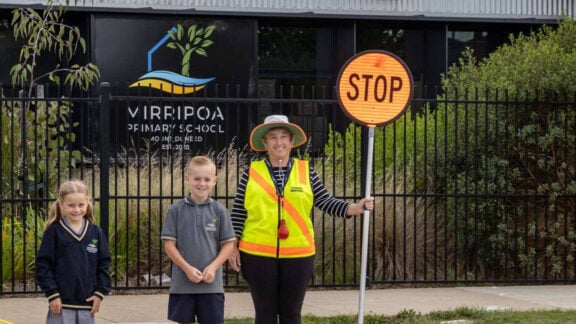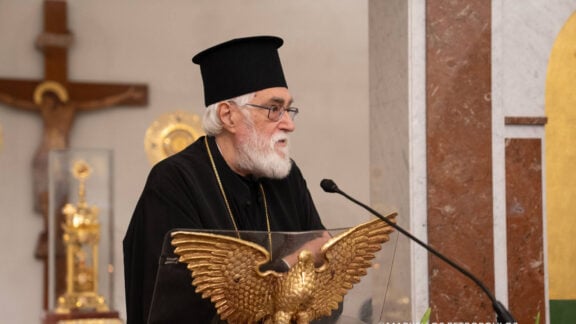Greece’s Ministries of Interior and Foreign Affairs have announced the launch of an online database, Proxenos, designed to improve consular documentation for Greeks living abroad.
The initiative, operating in pilot mode at the Greek Consulate in Düsseldorf, Germany, is designed to help expatriates obtain birth, marriage and death certificates, residency and citizenship documentation at the nearest Hellenic consular authority.
“The technical services of the two ministries collaborated seamlessly,” Interior Minister Panos Kouroublis stated. “The Interior Ministry Services collaborating with the Foreign Ministry, so that we could send a message to the Greeks of the diaspora at a difficult time, at a time when the homeland is going through a major economic, social and, now, refugee crisis. In this melancholy and often gloomy environment, we are trying to provide rays of hope.”
Proxenos is only the first step of Greece’s plans to digitise historic archives and minimise paperwork. The two ministries also hope to be able to redeploy consular resources with regard to visas, reducing the time necessary for serving citizens abroad.
“The action we are going to be talking about today is one that benefits citizens, in the framework of a Europe as we perceive it,” Minister of Foreign Affairs Nikos Kotzias emphasised.
“Because our country is historically a diaspora power, and we are well aware that a state that is built with perspective and to the benefit of its citizens, and that links its advantages and assets with its diaspora, is a state that can solve many, many problems and can capitalise on its citizens and friends abroad, which is something we don’t always do as fully as we would like, and we often inconvenience our fellow citizens of the diaspora, as well as our foreign friends who want to visit Greece.”
At the centre of the thinking behind this plan, which the Foreign and Interior Ministries are starting to implement jointly, is the citizen and the quality of services they provide for that citizen.
Neos Kosmos contacted Mrs Christina Simantiraki, Consul General of Greece in Melbourne, who commented on the new program and the Greek government’s shift, embracing the digital age.
“This is without a doubt a positive innovation, which, once implemented by all diplomatic authorities, will significantly improve the functioning of consular services around the world let alone here in Australia, especially Melbourne, home of many diaspora Greeks.
“Proxenos will help our consulate departments in matters of passport and civil records services,” Mrs Simantiraki explained. “This is the practical part in which it will substantially contribute.”
While acknowledging the importance and necessity of this jump in the quality of services offered by Greek consular services throughout the world, the consul general highlighted the fact that it is still a pilot measure, which at the time being is only applied by the registrar department in Düsseldorf. The program is to be extended to all requests concerning everything from birth certificates to civil status.
“Realistically, however, this long-awaited service will not be implemented as of tomorrow in Australia,” she said.
“Germany is just the beginning, the first yet major step toward the improvement of the quality and speed of certification services for expatriates, and lowering the cost for both consulates and citizens.”
Mrs Simantiraki confirmed that Proxenos is only the first of a program of 15 more database connections Greece aims to be interoperable within 2016, in an effort to bring diaspora closer.
“This will enable us to enter the electronic age, making consular services more convenient and less time-consuming for all of these people living away from their homeland.
“Application and receipt will be a matter of a few minutes, at the touch of a button, somewhat like the Citizen Service Centres (KEP) in Greece. It will be a tremendous assistance,” she added.
Interior Ministry Services, collaborating with the Foreign Ministry, are processing data from Düsseldorf in regard to National Civil Registry inquiries, tackling the malfunctions that have stymied this process for so long.
“The initiative is laudable, but we must wait a bit longer. We are very optimistic about this integration,” Mrs Simantiraki concluded.







